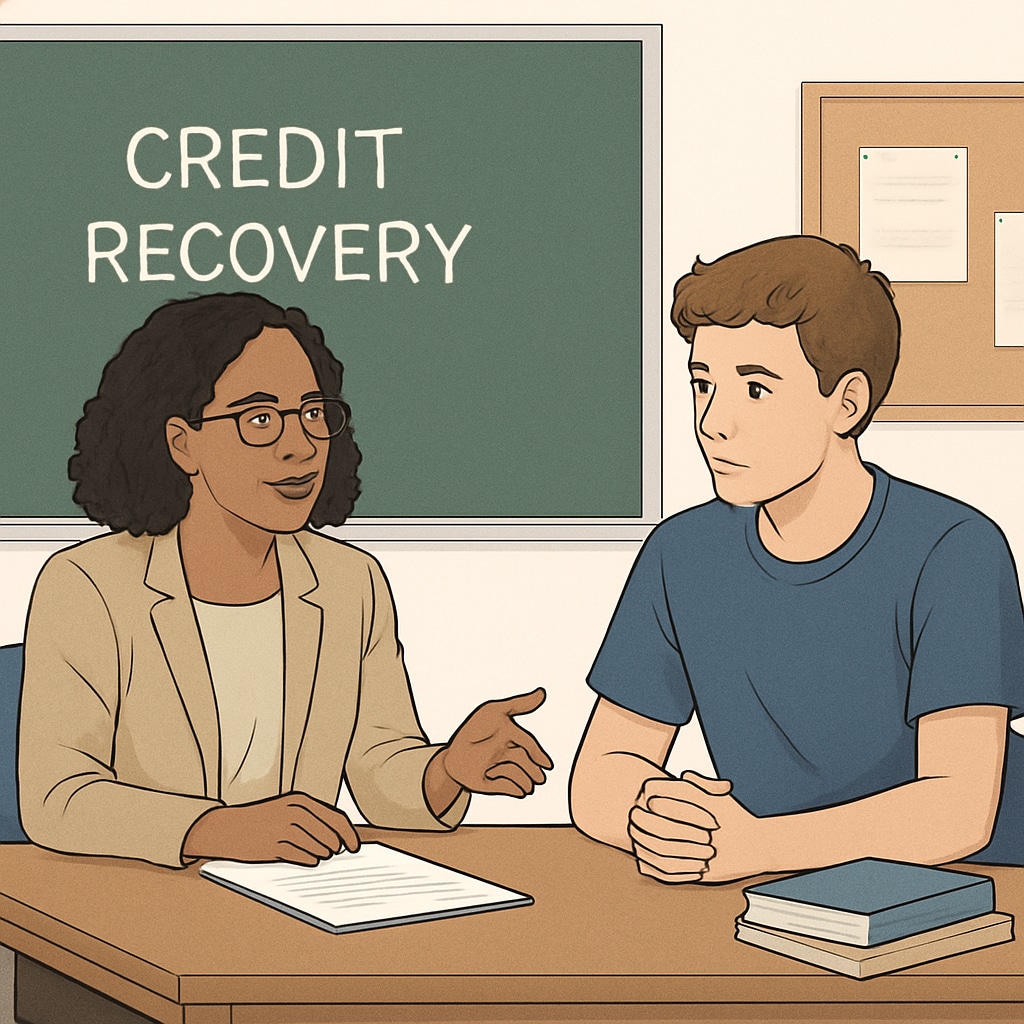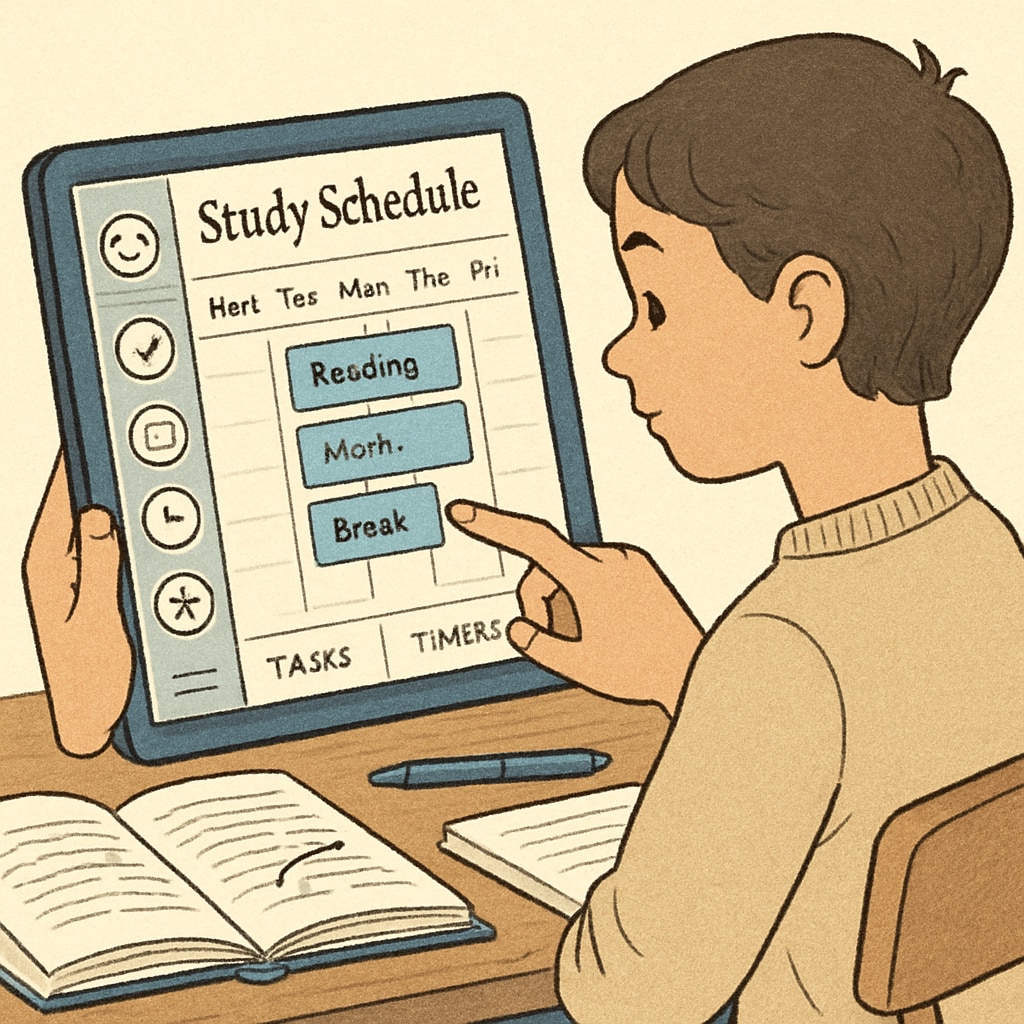Facing severe credit deficiencies in high school can feel overwhelming, especially when ADHD or personal challenges like family issues are involved. However, with a clear plan and access to the right resources, it is possible to catch up on missing credits and graduate within two years. This article provides a step-by-step guide to help students overcome obstacles and stay on track for graduation.
Understanding the Challenge of Credit Deficiency
High school credit deficits can arise for various reasons, including family disruptions, mental health struggles, or conditions like ADHD (Attention Deficit Hyperactivity Disorder). Students with ADHD often face difficulties such as poor time management, inconsistent focus, or procrastination, which can lead to falling behind academically. Moreover, external life events may compound these challenges, leaving students with fewer credits than they need to graduate.
Before tackling the issue, it’s essential to determine how many credits are missing and what courses need to be completed. Most high schools have counselors who can assist in evaluating the situation and mapping out a recovery plan.

Practical Strategies for Catching Up on High School Credits
Once you understand the scope of the problem, you can begin implementing targeted strategies. Below are practical methods for credit recovery:
- Create a Personalized Study Plan: Collaborate with your school counselor to create a roadmap tailored to your needs. Break larger goals into smaller, manageable tasks to avoid feeling overwhelmed.
- Enroll in Summer School: Many schools offer summer programs specifically designed for credit recovery. These intensive courses can help you catch up on core subjects like math, science, or English.
- Utilize Online Learning Platforms: Websites such as Khan Academy and state-approved virtual schools allow students to complete coursework at their own pace.
- Consider Dual Enrollment: Some colleges and universities offer programs where high school students can earn both high school and college credits simultaneously.
- Work with Tutors: If ADHD impacts your ability to focus, a tutor specializing in ADHD-friendly teaching methods can help you stay on track.
These strategies, when combined with consistent effort and support, can significantly speed up the credit recovery process.
Leveraging ADHD-Specific Resources
For students with ADHD, traditional study methods may not always be effective. Consider these ADHD-specific approaches:
- Time Management Tools: Use apps like Trello or Google Calendar to break assignments into smaller tasks and set reminders.
- Structured Environments: Create a distraction-free study space to minimize interruptions and optimize focus.
- Breaks and Incentives: Utilize the Pomodoro Technique (short study sessions followed by breaks) and reward progress to maintain motivation.
- Specialized Therapy: Cognitive Behavioral Therapy (CBT) can help ADHD students develop stronger organizational and study habits.
Additionally, students with ADHD may qualify for accommodations such as extended deadlines or modified coursework under laws like the Individuals with Disabilities Education Act (IDEA). Reach out to your school to explore these options.

Alternative Pathways to Graduation
If traditional credit recovery methods aren’t sufficient, consider alternative pathways to graduation:
- GED Programs: General Educational Development (GED) tests provide an alternative certification for students unable to meet high school graduation requirements.
- Credit-by-Exam Programs: Some schools allow students to earn credits by passing proficiency exams in specific subjects.
- Community-Based Programs: Explore local community organizations that offer tutoring or credit recovery assistance.
These options can provide flexibility for students who need additional support due to ADHD or other challenges.
Staying Motivated and Focused
Recovering high school credits requires determination, organization, and consistent effort. To stay motivated:
- Set Realistic Goals: Focus on incremental progress rather than perfection.
- Celebrate Milestones: Reward yourself for completing courses or achieving significant progress.
- Build a Support Network: Surround yourself with teachers, peers, and family members who encourage and support your efforts.
Remember, catching up on credits is not just about academic success—it’s also about personal growth and resilience. A positive mindset can make all the difference.
Conclusion: Successfully recovering high school credits in two years is challenging but achievable, even for students facing ADHD or personal obstacles. With strategic planning, professional support, and alternative learning pathways, you can overcome setbacks, catch up on missing credits, and walk across the graduation stage with pride.


